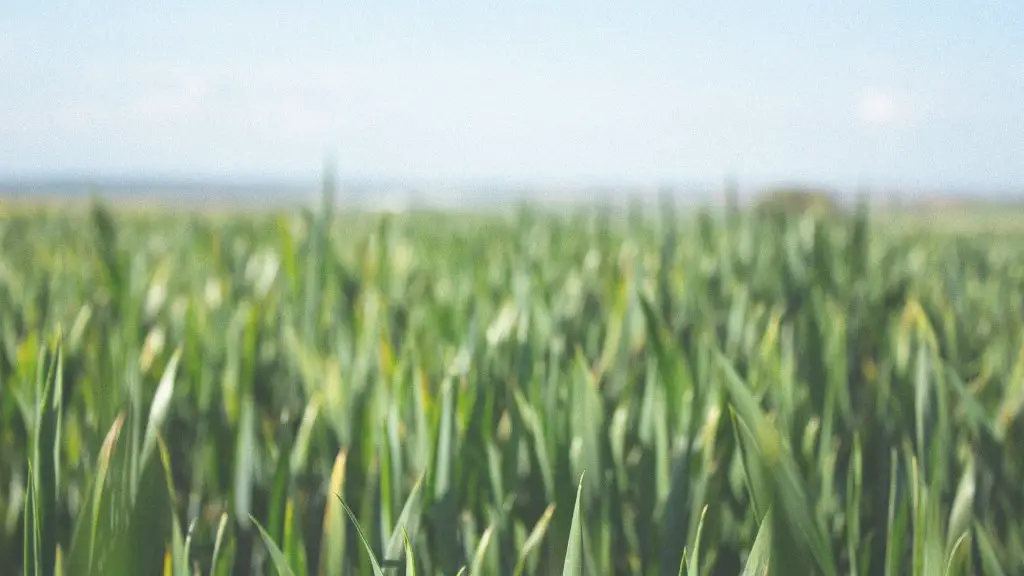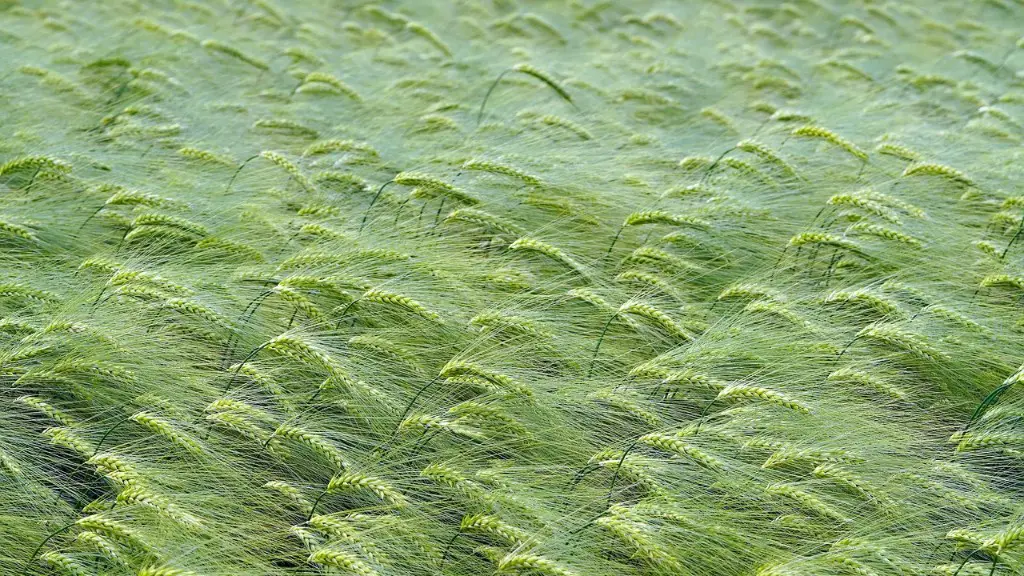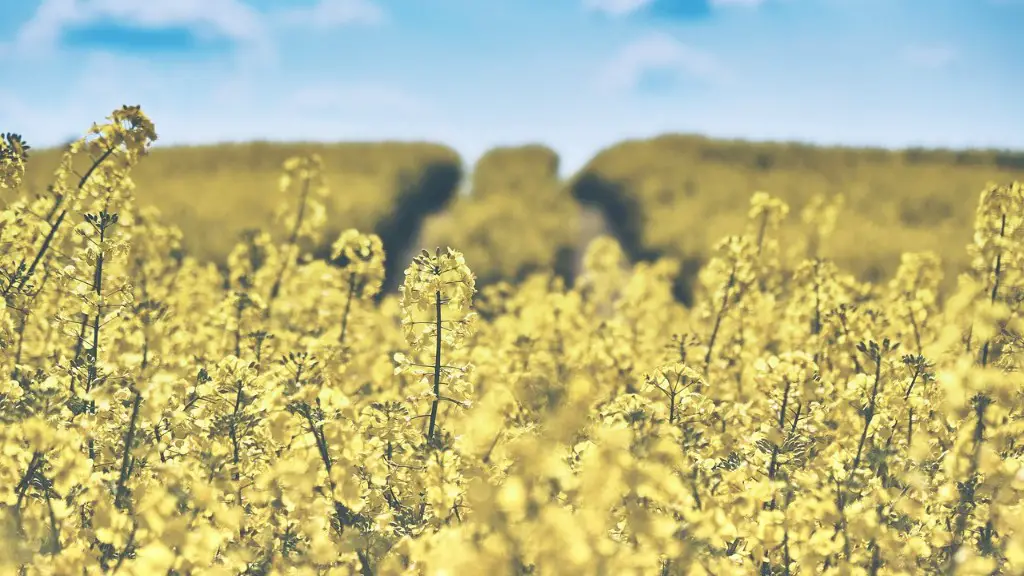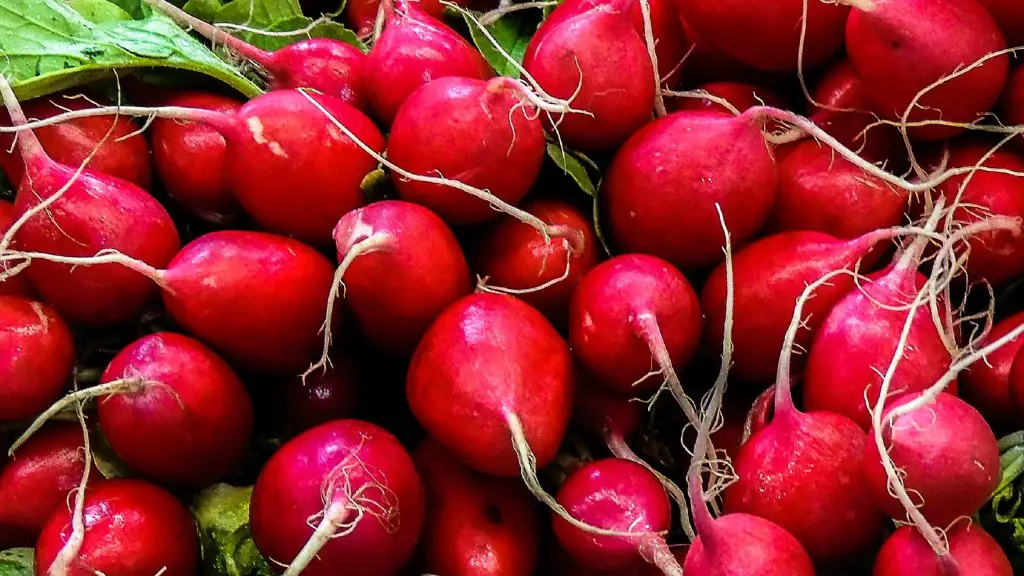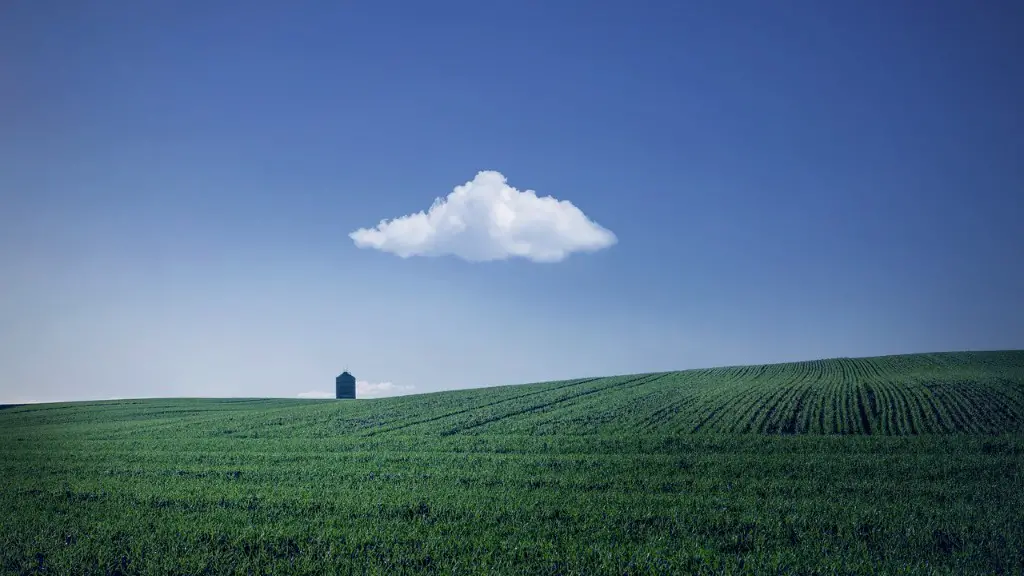Vermicompost, or compost made from earthworms, is an effective and natural fertilizer for agricultural crops. It is rich in essential nutrients and microbes that help improve plant growth and yield. Vermicompost can be added to the soil before planting, or applied as a top dressing during the growing season. It is also a great Amendment for deteriorating soils.
Vermicompost can be used in agriculture as follows:
1. Vermicompost can be mixed into the soil to increase its nutrient and water-holding capacity.
2. It can also be used as a top dressing on fields and gardens.
3. Vermicompost can also be used to make liquid fertilizers.
What is the best way to use vermicompost?
Vermicompost is a great addition to any potting mixture as it adds important nutrients and beneficial microbes to the soil. It is especially helpful in young plants as they are establishing their root systems.
Vermicompost is a great way to suppress plant diseases and insect pests. It can be used on gardens, lawns, house plants and around bushes and trees. 1 pound will cover about 10 square feet, that’s roughly 35 pounds for a 4-by-8-foot raised bed garden.
Can vermicompost replace fertilizer
Vermicomposting is a process of composting using various species of earthworms to decompose organic matter. This process can be used to produce essential nutrients for supporting plant growth, compared with chemical fertilizers. Use of the right amounts of vermicompost as an important source of nitrogen and its replacement for urea will guaranty soil quality and health for the future generations.
Vermicompost is a great way to fertilize your plants without using any chemicals. It is full of nutrients that plants need, and it releases those nutrients slowly so that plants can easily take them up. Plus, vermicompost eliminates the need for pesticides, because plants that are healthy and free from pests and diseases don’t need them.
How long does vermicompost last in soil?
Worm castings (vermicompost) are an excellent way to add nutrients and improve the structure of your soil. They are full of water-soluble nutrients and microbes that can help improve plant growth. Worm castings can last in the soil for 15-20 days, so it is best to add them every 20-25 days.
Compost is not a substitute for soil. Plants need soil for many nutrients which are absent in compost. Using pure compost can also result in lower output, stunted growth, and even death in some plants.
What are the disadvantages of vermicomposting?
Vermicomposting is a process of decomposing organic matter using worms. It is a time-consuming process and can take up to six months to convert the organic matter into usable forms. Additionally, vermicomposting can release a very foul odour. Therefore, it is high maintenance and the bin should not be too dry or too wet.
There are a few items that you cannot compost in a worm bin, such as citrus peels and juice, onions and garlic, meat, fats, grease, bones or oils. You also want to avoid anything that would make the bin smell bad, such as butter, lard, stocks or soups.
Can you overfeed vermicompost
If you add too much food to your worm bin at one time, it can cause odors as the worms will not be able to eat it all before it starts to rot. Too much food can also push the air out of the bin, leading to anaerobic decomposition and bad smells. Try to add small amounts of food more often to avoid this issue.
Vermicompost can be stored for up to one year without any loss in quality, provided that the moisture content is maintained at 40% level. Vermicompost is rich in all essential plant nutrients, which makes it an excellent organic fertilizer.
Can you put weeds in vermicompost?
Adding soft green wastes to your worm compost bin is a great way to provide them with extra food. However, it is best to moisten the greens first, mix them with ‘brown’ materials like fall leaves or shredded cardboard, and let them rot for a bit before adding them to the bin. This will help to break down the greens more quickly and make them easier for the worms to digest.
Vermicompost is a great way to add nutrients and improve the quality of your soil. To make “worm tea” liquid fertilizer, mix a ratio of 1:4 vermicompost to potting soil. Mix two tablespoons of castings with a quart of water and let it stand for a day, shaking it occasionally. This ratio can be increased or decreased depending on your needs.
How quickly does vermicompost work
Composting is a great way to reduce waste and create a nutrient-rich soil amendment for your garden. The key to successful composting is to create a mix of carbon-rich materials ( browns) and nitrogen-rich materials ( greens). The compost will be ready in 60 to 90 days, and the material becomes moderately loose, crumbly with dark brown colour. Usually, it will be black, granular, lightweight and humus-rich. The presence of earthworm castings (vermicompost) on the top of the bed is also an indicator, and vermicompost can be harvested.
Assuming you would like a pro/con list for composting:
Pros:
-Reduces waste
-Enriches soil
-Can be done at home
-Can be done with food scraps that would normally be thrown away
Cons:
-Requires effort to set up and maintain
-May attract pests
-Can smell bad if not managed properly
Which is better vermicompost or cow dung manure?
Vermi-compost is a type of compost that is made through the process of vermicomposting. This composting method uses worms to break down organic matter into a nutrient-rich soil amendment. Vermi-compost is an effective way to improve the quality of your soil, and it also has the added benefit of being environmentally friendly.
Adding vermicast to the soil is an effective way to improve its fertility and structure. Vermicast is rich in nutrients and microorganisms that help to break down organic matter, release essential plant nutrients, and improve soil aeration. This making it an ideal amendment for both sandy and clay soil types. Vermicast also contains significant levels of humic acid, which helps to make nutrients more readily available to plants.
Conclusion
To use vermicompost in agriculture, farmers mix it with other compost and spread it over their fields. They till the vermicompost into the top 6 to 8 inches of soil to help improve drainage and aeration. The worms in the vermicompost help break down crop residue, improve soil structure, and release nutrients that are essential for plant growth.
Vermicompost, or composted worm castings, is an excellent amendment for agricultural soils. It is rich in nutrients and beneficial microorganisms, and can improve plant growth and yield. Additionally, vermicompost can improve soil structure and water retention, and help to suppress plant diseases. To use vermicompost in agriculture, it can be applied to the soil surface or incorporated into the soil prior to planting.
